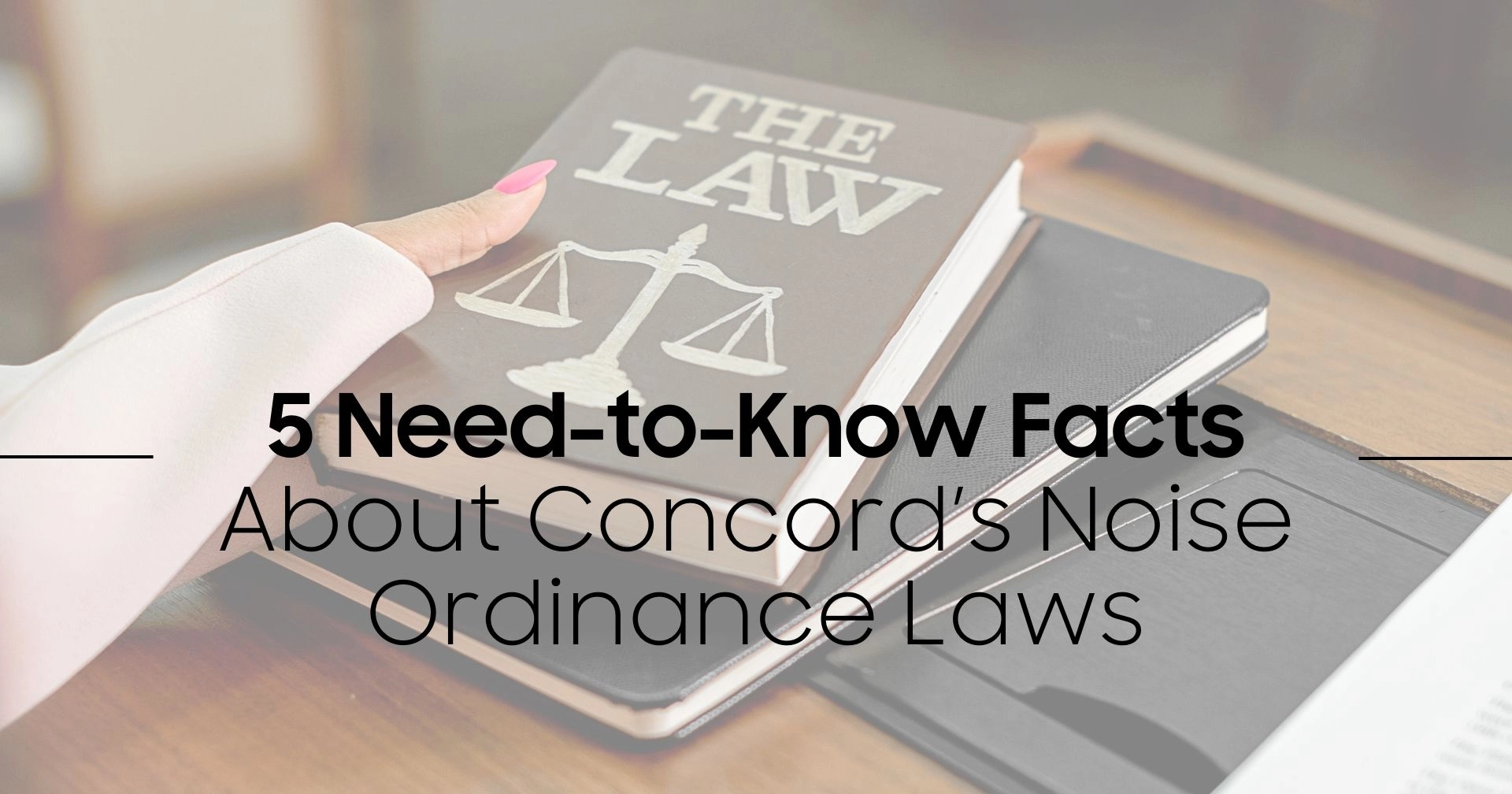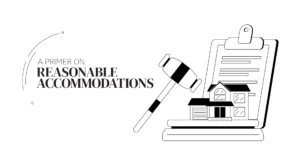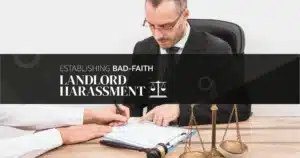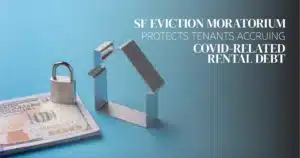It was a typical Friday night. Alex, tired from a long week, sank into his couch, eager to relax. But the minute he hit play on his favorite show, his neighbor’s garage band blared to life. His walls shook as loud guitars and drums interrupted his peace. No amount of volume on his TV helped. It was noisy, persistent, and downright annoying.
Frustrated, Alex wondered: Is there a way to stop this? What are the local noise rules in Concord?
If you’ve had your own noise battles in Concord, you know how it feels. Whether it’s loud parties or relentless construction, understanding the city’s noise laws is crucial to reclaiming your peace.
So, what’s in the rulebook? Let’s break it down.
1. Permissible Noise Levels in Concord
Every city has noise rules—and Concord is no exception. Understanding the Concord noise ordinance is key.
Concord’s noise ordinance sets limits depending on where you live. In residential areas, the city enforces strict noise limits. During the day, noise can’t exceed 55 decibels. That’s about the noise level of a normal conversation.
But the real kicker? After 10 p.m., the noise should be under 45 decibels—the same as a quiet library. If your neighbors are blasting music or yelling, they’re likely violating these rules.
Here’s why this matters: if your neighbors are breaking these noise levels, they are violating the Concord noise regulations. You’ll know when a neighbor is in the wrong, and you will take action.
2. The Importance of Quiet Hours in Concord
Want a good night’s sleep? Concord’s quiet hours typically run from 10 p.m. to 7 a.m. This is the time when the city expects noise to stay at a minimum.
What counts as a violation during quiet hours? If the noise is loud enough to disrupt your rest, it’s probably illegal. Whether it’s a late-night party or construction, excessive noise during these hours crosses the line.
But don’t worry. You don’t have to tolerate it. If your neighbor’s noise is disrupting your sleep, you’re fully within your rights to file a complaint. Quiet hours exist for a reason: they ensure everyone gets the sleep they deserve.
3. How to Handle Noise Complaints in Concord
Had enough of the noise? It’s time to act. Concord has a clear noise complaint process, and knowing it helps you take control.
Start by documenting the noise. Keep track of when it happens, how long it lasts, and how loud it is. It will be key evidence if the issue doesn’t resolve quickly.
Once you’ve got your documentation, file a complaint with Concord’s Code Enforcement Division. You can do this over the phone or via an online form. The city will investigate your complaint and determine whether it violates the Concord noise control measures.
If the issue persists, don’t lose hope. Take further legal steps. An attorney will also help you explore your options and keep the pressure on.
4. Exemptions to Concord’s Noise Ordinance
Are there exceptions? Yes, but Concord noise ordinance exemptions are limited. Some activities, such as emergency services or public works, might be exempt from noise restrictions. Think roadwork or urgent repairs—they may not be bound by the typical decibel limits.
But because noise is exempt doesn’t mean you have to accept it. If it seems excessive, or if it happens outside acceptable hours, you still have options. For instance, if construction starts early or runs late, it could still be a violation.
The key takeaway? Don’t assume that all noise is exempt. Check whether it fits the rules. If not, file a complaint and hold those responsible accountable.
5. Penalties for Concord Noise Violations
What happens if someone breaks the rules? Concord takes noise violations seriously, and the penalties reflect this. For the first offense, violators face a fine between $100 and $500. If the problem persists, the fines increase, and more severe actions will follow, including court appearances.
The good news? Not all violations result in fines right away. The city will issue a warning first, giving the violator a chance to comply. But if the noise continues, the penalties become more severe.
By understanding these penalties, you’ll know why reporting violations matters. It’s your way of helping to maintain peace for everyone.
Dealing with Specific Concord Noise Violations
Now, let’s dig into specific scenarios where the Concord noise ordinance matters.
Concord Construction Noise Hours
Construction noise is one of the most common sources of complaints. According to Concord’s regulations, construction activities should only occur between 7 a.m. and 6 p.m. on weekdays. This ensures residents get a break at night.
If construction continues outside of these hours, the work may be violating the Concord noise level limits. If the noise is excessive, even during the allowed hours, it is worth reporting.
Concord Residential Noise Rules
In residential areas, the rules are simple: keep it down during quiet hours. Loud music, parties, or even barking dogs cause problems. If your neighbors are breaking these rules, make sure to document them and file a complaint.
Concord Noise Ordinance Enforcement
Without enforcement, noise violations would run rampant. Luckily, Concord has systems in place to investigate complaints and enforce the rules. It involves issuing fines or taking further action if the noise continues.
By holding your neighbors accountable, you help maintain the quality of life for everyone in the city. No one should have to endure constant disturbances.
Wrapping Up: Take Action and Protect Your Peace
You now know the basics of Concord’s noise ordinance. Whether you’re dealing with loud neighbors, ongoing construction, or late-night parties, you have the tools to take action.
And if you’re facing an especially persistent noise issue, The Law Firm for Tenant Rights, Inc. is here to help. Our team has the experience to guide you through the Concord noise complaint process and ensure your rights are protected.
Don’t let noise ruin your peace. Contact us today to start taking action. Let’s restore quiet to your home—one complaint at a time.


